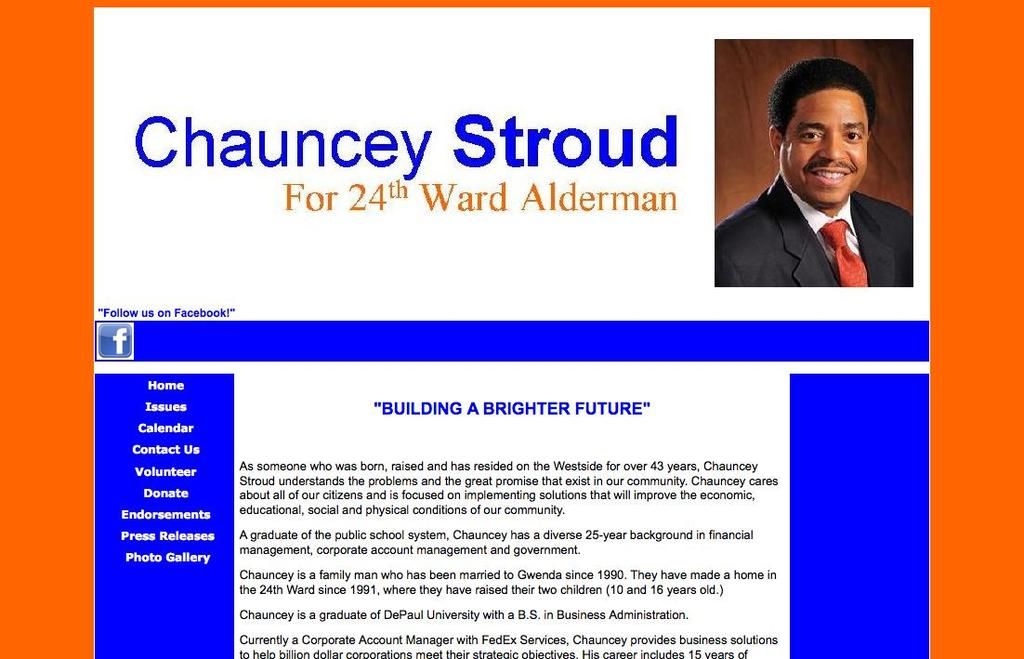Pondering the Advantages of Leasing versus Buying a Commercial Real Estate?
Starting a Commercial Venture: To Own or Rent, That is the Question
Embarking on a business journey comes with a plethora of decisions, one of which is whether to own or rent a commercial property. On the surface, the concept of owning a property might seem intimidating, considering the upfront costs, maintenance responsibilities, and long-term commitment involved. However, owning a commercial property offers some hidden benefits that might pique your interest. Let's dive into those advantages and compare them with the benefits of renting, giving you all the ammunition to make an informed decision.
The Hidden Charms of Ownership
Long-Term Investment (with a Twist)
Yes, owning a property will involve some serious capital outlay - not just for the purchase, but for insurance, maintenance, taxes, utilities, and operating costs as well. But here's the catch: these payments contribute to building equity, not just covering mortgage payments for someone else.
The Air of Authority
Owning a commercial space will give your business a boost of credibility and help project an air of authority in the business world. Whether renting or working remotely, it's difficult to present the same level of permanence and stability to clients, partners, or investors. Owning a commercial property can effectively enhance your reputation and signal that you're in it for the long haul, with a stable financial foundation to boot.
Customization is Key
Another perk of ownership is the control you'll have over your workspace. If you're renting an office space, you might not have the freedom to personalize the environment to fit your brand identity and operational needs. Owning a space allows you to create a unique business hub that truly reflects your company's personality and values. From the layout and design to the materials and signage, you'll have the creative freedom to build a space that leaves a lasting impression on clients and employees alike.
The Appeal of Renting
Lower Upfront Costs
For those just starting out in the business realm, the lower upfront costs associated with renting can be a godsend. Pouring a large chunk of your budget into owning a commercial property might not be the smartest move when your business is still finding its footing. Renting affords you the opportunity to invest in business growth, marketing, staffing, and more, without feeling the sting of a hefty property investment.
Less on Your Plate
Renting also means fewer responsibilities, freeing up your time to focus on those essential elements of your business that we mentioned earlier. In most lease agreements, the landlord will handle major building maintenance and structural repairs, leaving you with fewer distracting chores. Depending on the state, they might even handle the insurance aspect, though it's still wise to have your own tenant's insurance to safeguard your assets and liability. Having more free time on your hands can prove invaluable for your company's long-term success.
Flexibility for Tomorrow
Last but not least, leasing offers greater flexibility, making it easier for your business to adapt to changing circumstances as it evolves. As your business transforms over time, you might outgrow your current space or need to target a new market. Being locked into a long-term investment could be detrimental in such situations. However, by owning a commercial property, you do have the flexibility to scale or renovate as needed, giving you the best of both worlds.
Absolutely, it's all about weighing the benefits of each option and choosing the one that best aligns with your business goals. Whether you prefer the stability and customization of ownership or the lower costs and flexibility of renting, the decision is yours!
Insights on the Matter
It's important to consider the long-term implications of your property decision and any tax advantages associated with ownership. For example, owning a commercial property can provide significant financial benefits if the business decides to sell the property later, as property values appreciate over time. Additionally, property owners can benefit from tax deductions on mortgage interest, property taxes, repairs, and depreciation.
On the other hand, leasing offers greater flexibility, making it easier for a business to relocate, expand, or downsize as needed, while also reducing upfront costs and landlord responsibilities. However, over time, cumulative rental payments may surpass the cost of owning, particularly in stable or rapidly appreciating markets.
Ultimately, the choice between owning and renting a commercial property depends on your specific business goals, budget, and long-term vision. Research and consider all factors carefully before making a decision. Good luck, and happy business venturing!
When considering a business venture, the question of whether to own or rent a commercial property is paramount. Owning a property offers benefits such as building equity, projecting a sense of authority, and having creative control over your workspace. On the other hand, renting can provide advantages like lower upfront costs, fewer responsibilities, and greater flexibility in adapting to changing business needs. It's essential to weigh these advantages and make a decision based on your business's long-term goals, budget, and vision.





